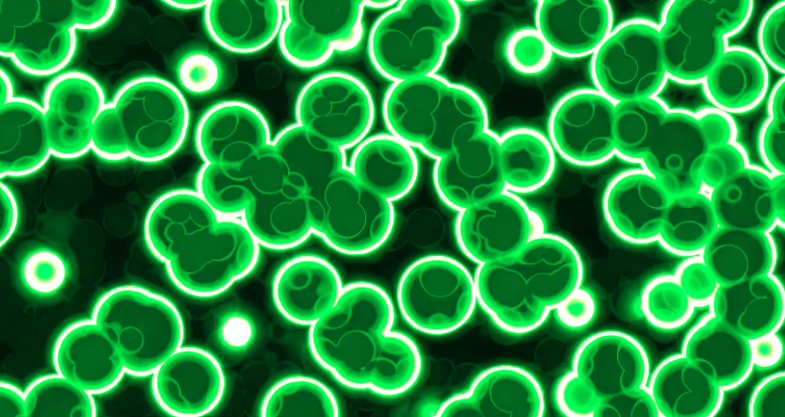Exactly how non-living molecules sparked into life is one of the most puzzling mysteries of science. Now scientists at Scripps Research have discovered a new set of chemical reactions that can produce the building blocks of life out of materials thought to be common in the primordial soup of early Earth.
The first lifeforms are thought to have arisen on Earth billions of years ago, from a nutrient-rich mixture often called the primordial soup. Essentially, the molecules contained within began to react with each other, thanks to some added energy like lightning strikes or hydrothermal vents, until they formed basic organic compounds, then amino acids, which can then link up into peptides and proteins and, eventually, living cells.
Kratos: The “cruel” Greek god of strength & power who served Zeus
That, of course, is a huge oversimplification, and the specific chemical reactions that took place during the process remain murky. Scientists have investigated by cooking up their own versions of the primordial soup, based on what was thought to have been plentiful at the time, and exposing it to different conditions to see what happens and how easily life’s precursors may arise.
Read more: New Atlas





































